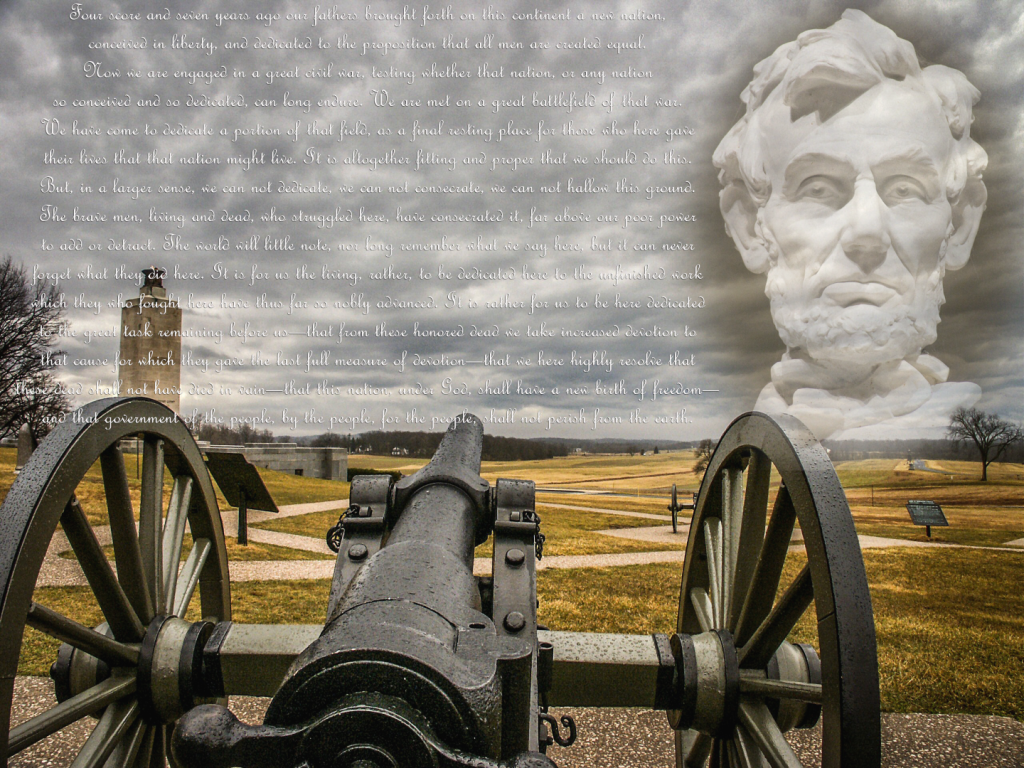Presidents Abraham Lincoln & James Garfield: Their Differences & Similarities
Presidents Abraham Lincoln and James Garfield had a lot in common. They both lost a parent while still children, and they both lost children while parents. Of course, they are both inextricably connected to the US Civil War, served as president, and their terms were both cut short by assassination.
But the men had their differences, as well. Their views differed on slavery and civil rights. Todd Arrington, site manager of James A. Garfield National Historic Site, explores the similarities and differences of Lincoln and Garfield.
Our Civil War series continues next month at noon on Wednesday, Dec. 13. Two of Garfield NHS’s most musically inclined staff members will lead a fun and educational sing-along, exploring Christmas tunes from various wartime periods in American history! Registration is required, and you can sign up on our website.
Finally, if you’re interested in Civil War history, several talks in our series can be viewed online in their entirety, including:


